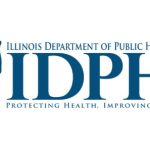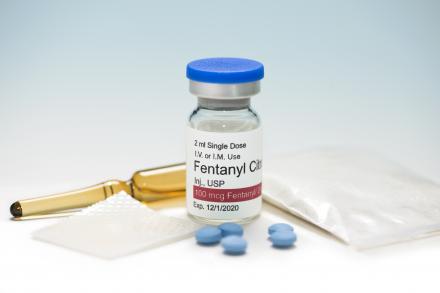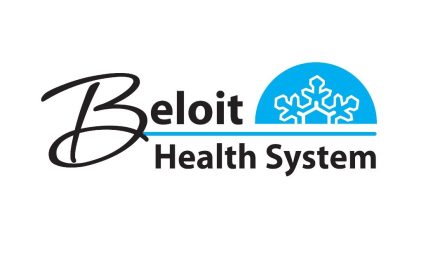
University of Chicago to join national research network on harm reduction

The University of Chicago will take part in a national research network studying harm reduction.
The network, funded by the National Institute of Health, includes nine research projects and one coordinating center. It will focus on preventing overdoses and disease transmission.
Dr. Mai Tuyet Pho, an associate professor at UChicago Medicine, said their study is focused on improving remote harm reduction and secondary services in rural areas. She said there are many barriers in rural areas that prevent people from accessing harm reduction services, including lack of transportation, broadband and cell phone service.
The research team will partner with the Community Action Place in southern Illinois, the Phoenix Center in Springfield and Perfectly Flawed in LaSalle.
They will study secondary distribution, when people get harm reduction supplies such as clean needles or fentanyl testing strips and then distribute them to other people who may not have access to those supplies.
Pho said they hope that they can find a way to better support this system.
“We think that this is a really powerful position for someone to be in in many ways because they can be trusted messengers and have access to people who are really at their most vulnerable, really at the margins, who aren’t accessing services themselves directly, but they have access to this friend who can get services for them,” Pho said.
The other area of study for their project will be remote access, including drop boxes that will be accessible using a code and vending machines. Pho said these will be particularly beneficial in areas where people have to travel long distances to access care.
Pho said there are still a lot of misconceptions surrounding harm reduction, but that research has proved its effectiveness.
“People will use drugs — they’ll just find other ways and they’ll reuse their equipment or they’ll share with others,” Pho said. “So just having a sterile syringe around doesn’t make people just use drugs because it’s there.”
The NIH is expected to spend $36 million on the nine projects over five years. Pho said they hope to begin their study in late winter or early spring.
This article first appeared in the Health News Illinois daily email newsletter. Sign up for your free trial here.








